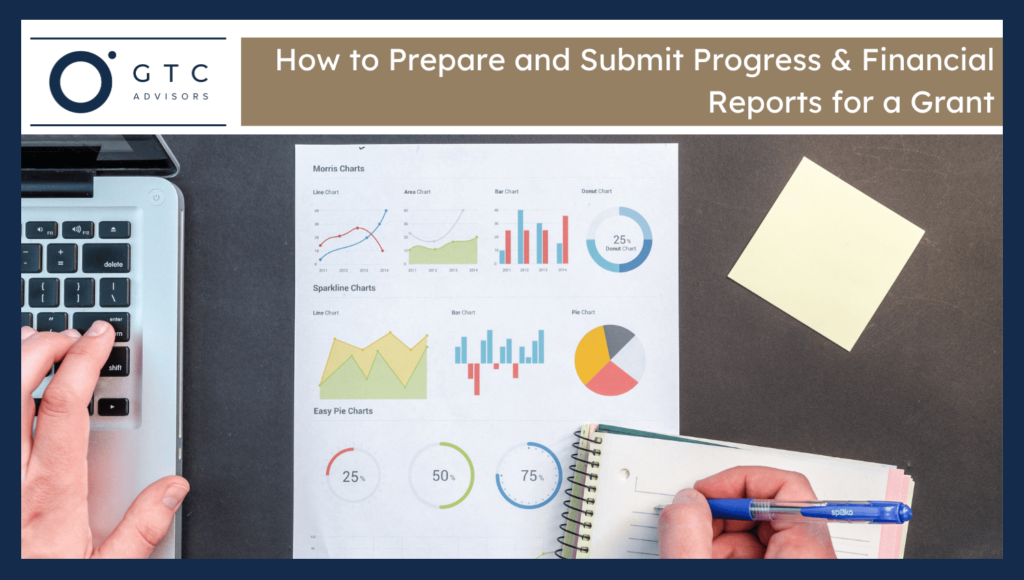Government agencies track the grant project through a combination of financial and programmatic reports, on-site or remote site visits, audits, and communication with the recipient. They ensure that the funds are being used for the targeted goals.
Why Do Government Agencies Monitor Grant Projects?
Here are the five reasons for monitoring grant projects:
- Proper Use of Funds: The government agencies monitor the grant project to ensure that the money is being used for the intended goal. It also ensures that he money has not been used for personal benefits or other useless activities. The government agencies oversee the recipient’s financial health to ensure that the organization can handle the grant.
- Project Performance: Tracking helps them measure the project performance. Key performance indicators and accomplishments are measured against the initial work to track progress. They also collect data to evaluate whether the future funding for the project is a good step or not.
- Accountability: Regular audits reduce the risk of improper use or fraud of public funds. It also builds trust between the recipient and the awarding agency and ensures that the recipient is responsible for delivering the project on time.
- Compliance with Regulations: Government agencies verify that the organization adheres to local, city, or state laws. In case of non-compliance, the agency took strict action against the organization. The consequences include project termination, funding revoked, and legal liability against the organization.
- Continuous Improvement: Agencies offer useful suggestions to help ensure the project’s successful completion. They figure out potential issues like a funding or timeline shortage, and provide timely assistance to ensure consistency. Communicating issues and improvements leads to better results.
What Types of Monitoring Should You Expect?
Here are the five types of monitoring that are usually expected from the rewarding agency:
- Desk Reviews: The desk review means monitoring the process digitally using the submitted information. The management specialist analyzes the progress reports, programmatic reports, and contracts to verify that they align with the grant agreement. IT is conducted annually or occasionally, depending on the project performance.
- On-Site Visits: The specialists visit the project location to have meetings with the team, inspect the ongoing performance, and review the documentation. During these visits, they may also provide technical support to help keep the project on track. It is commonly triggered when risks are detected in desk reviews.
- Performance Audits: After submitting the final report, the funder visits the location to verify that the project is completed according to the agreement. These audits not only review the expenditures but also measure the outcomes and their impact. A valuable deliverable opens the door for future funding.
- Financial Audits: This is a form of Single Audit and is mostly conducted when an organization spends $750,000 in a fiscal year. They ensure that the funds are used for the designated project and that all spending complies with the grant agreement. A detailed review includes invoices, bank receipts, and payroll reports as evidence of the expenditures.
- Compliance Reviews: It is commonly reviewed during the desk review or site visits. Compliance reviews include that the organization is working according to the specific grant requirements. They inspect programmatic activities, reporting schedules, and restrictions on the funds usage to ensure they have been met.
What Information Will Agencies Review?
The agencies review the following five information documents:
- Financial Records: The financial reports include payroll records, receipts, invoices, and ledgers. These are reviewed to ensure that the expenditures are reasonable, allowable, and follow the federal cost guidelines. The information also includes that the employees are working during the allocated time to put their efforts into the project.
- Progress Reports: Agencies compare the submitted report with the initial agreement and the progress of the project. Any deviation or challenges need to be explained in the report. The reports should include the efforts in achieving the milestones and outcomes mentioned in the grant. Agencies find out how the organization deals with the obstacles and what they have learned from them.
- Performance Metrics: Along with the narrative data, the agencies track the key performance indicators to measure the success rate. Prepare the performance metrics with both qualitative and quantitative metrics.
- Procurement Documentation: The rewarding agency clearly demonstrated the methods on how to select vendors and contractors. It also includes how the bids are solicited and evaluated to ensure transparency and reduce bias in the process.
- Evidence of Matching Funds: Agencies also verify that the recipient has met the requirements of in-kind contributions or not. Maintain the documentation of any cash contributions in the financial records. Keep proper records for any volunteer work, such as timesheets or signed donation letters.
How Can You Prepare for Monitoring?
Here are the five steps to prepare for monitoring:
- Maintain Organized Records: Keep the performance and financial records organized to access them at any time. Ensure that the digital files are backed up regularly to prevent losing the data.
- Document Activities: Record the progress and activities during the ongoing project to prevent bias in data later on. Use the key performance indicators(KPI) to track progress and also document the challenges and the solutions to them.
- Follow Approved Plans and Budgets: Communicate with the agency for any delays or changes to build trust and transparency. Spending the budget on unapproved tasks ruins the organization’s trust and can also lead to the project termination or suspension.
- Ensure Staff Readiness: Train the staff to ensure compliance with the work and reduce bias. Arrange workshops or seminars to guide them on an efficient way to collect data.
- Perform Internal Audits: Ensure all documents are accurate and complete before submission to the agency. It reduces bias and ensures that the performance metrics are tracked correctly.
How Do You Respond During Monitoring?
Here are the five steps to respond during monitoring:
- Cooperate Fully: Promptly respond to the requests and scheduled visits. Maintain transparent communication and discuss clearly with the team that monitoring is a necessary part of the project, not a question of their efforts.
- Provide Clear Explanations: Justify the project decision, expenditures, and the hiring with evidence. Be prepared to justify the choices and decisions according to the grant agreement.
- Offer Complete Documentation: Provide all the documents in the required format on time, in an organized way, for audit trails.
- Address Concerns: Justify any issues in the feedback that is being collected. Use a two-column paper to mention the issues and address them.
- Maintain Formal Communication: Maintain a healthy and professional communication with the awarding agency. Explains any changes in the plan and presents the written approval.
What Happens After Monitoring?
Here are the five steps after monitoring:
- Receive a Monitoring Report: After the monitoring process, the agency sends a document in which they explain whether the project is on track or not. The agencies use a system in which the “white flag” indicates success and the “red flag” indicates areas for improvement.
- Implement Corrective Actions: The agency suggests updates in the action plan in case of deficiencies or weaknesses.
- Submit Follow-Up Documentation: After covering all the issues and deficiencies, the recipients submit a report to the agency. In this report, the organization states the issues that have been resolved.
- Learn from Feedback: Strengthen the process of report submissions and data handling with feedback.
- Maintain Compliance: Apply the improvements in the next projects to show that the solutions are not temporary. They have become an integral part of the organization.

George C. Tagg, Jr.
George serves as a trusted counsel to business leaders, non-profit executives, and management teams. George is a licensed attorney with a master’s in international affairs and over 20 years’ experience in the U.S. Congress, Department of State, Department of Defense, global public policy, and political campaigns.


